South Africa
The South African government has formally notified the United Nations of its decision to reverse an earlier request to pull out from the International Criminal Court (ICC).
According to a document posted on the U.N. treaties website, Pretoria has notified U.N. Secretary-General Antonio Guterres that its present decision was because of a High Court ruling which said the Instrument of Withdrawal was ‘‘unconstitutional and invalid.”
In order to adhere to last month’s court judgment – which ruled South Africa’s parliament needed to approve the withdrawal from the ICC – the planned pull-out would be revoked “with immediate effect,” the March 7 U.N. Document stated.
The government had started withdrawal processes in October 2016 with the main reason that the Hague-based court was biased against Africans and also its orders were at odds with Pretoria’s diplomatic immunity laws.
A High Court recently declared the withdrawal as ‘unconstitutional and invalid,’ and subsequently ordered the government to revoke the request. The case was taken to court by the main opposition Democratic Alliance (DA).
Justice Minister Michael Masutha said after the ruling that the government still planned to withdraw from ICC. A position that is in contradiction with the recent line of action.
The first African country to begin ICC withdrawal processes was Burundi. South Africa followed before The Gambia under exiled leader Yahya Jammeh also joined late last year.
As it stands now, Burundi is the only African country still heading out. South Africa’s decision to stay comes on the back of a similar position by Gambia. President Adama Barrow revoked Jammeh’s earlier withdrawal notice.
South Africa’s issue with the ICC
South Africa’s moves of dropping its ICC membership following its highly controversial failure to arrest Sudanese President Omar al-Bashir during an African Union (AU) summit in Johannesburg in June 2015.
On the eve of al-Bashir’s arrival in South Africa, the ICC issued several calls for his arrest to the South African government. Bashir was allowed to leave after the summit, a court subsequently ruled that the government was wrong to have allowed him to leave despite the ICC warrant of arrest.
It was in light of this event that Jeff Radebe, a minister in the presidency, announced that South Africa was reconsidering its participation in the ICC.



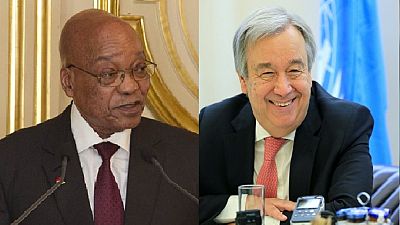

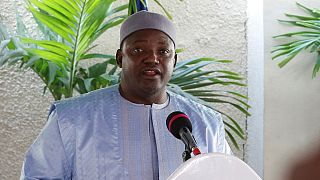
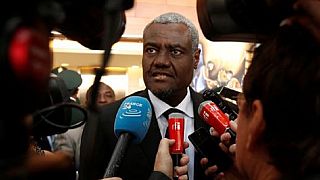
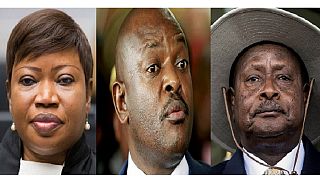
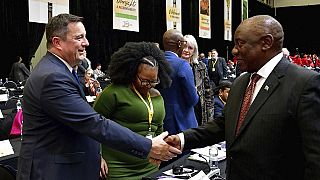





Go to video
Former South African deputy president David Mabuza dies at 64
01:22
World will have to learn to live with heatwaves, UN says
01:39
Sustainable development financing conference opens in Seville
01:35
UN and Haitian officials mark one year since Kenyan police arrived to support security efforts
Go to video
African gut study reveals urbanization threatens microbial diversity